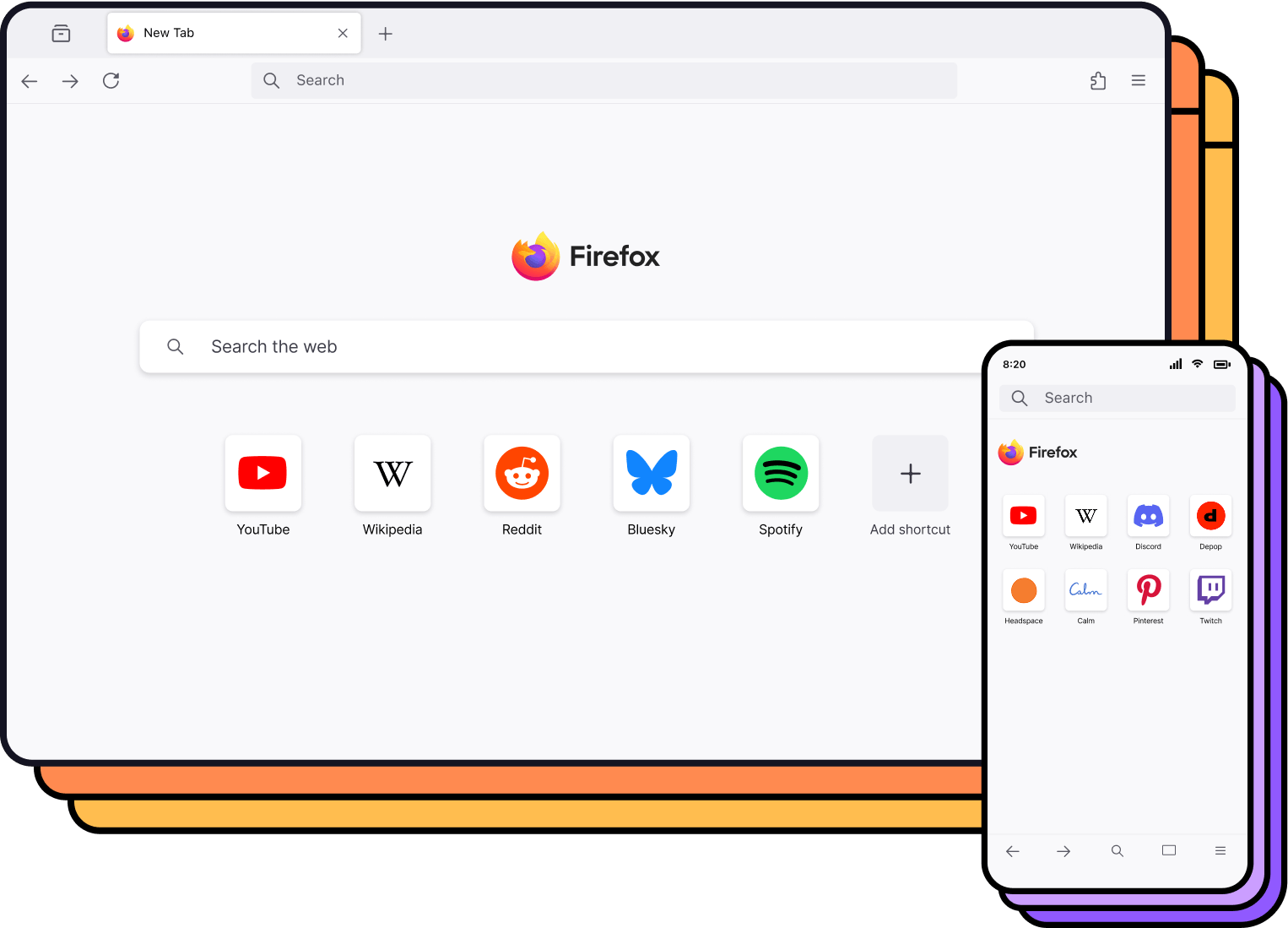Why Mozilla ended Orbit and its vision for AI-powered Firefox.
 |
| Orbit by Mozilla |
In a move that caught some users by surprise, Mozilla has announced the shutdown of its Orbit browser add-on, effective June 26, 2025. Orbit, a privacy-focused AI assistant for Firefox, was designed to summarize web pages, answer questions, and help users digest long emails, articles, and videos—all while keeping user data private. But now, after just six months in beta, it’s joining Mozilla’s growing list of discontinued products, alongside Pocket and Fakespot.
So, what does this mean for Firefox users, and what is Mozilla really planning as it navigates the rapidly evolving world of AI?
What Was Orbit, and Why Did Mozilla Shut It Down?
Orbit was an opt-in AI assistant for Firefox, available as a browser add-on. Users could click a floating orb or toolbar button to get summaries of web pages, ask questions about content, and even quiz themselves on what they were reading. What set Orbit apart was its privacy-first approach: Mozilla hosted the Mistral 7B language model on its own servers, ensuring user queries never left Mozilla’s infrastructure and were not used to train the AI.
Despite these privacy benefits, Orbit had some limitations. It only worked on Firefox for desktop and supported English-language content. The AI sometimes struggled with very long or complex documents, and the extension’s reach was limited—many Firefox users never even knew it existed.
Mozilla’s decision to shut down Orbit comes as the company streamlines its product lineup. In recent months, Mozilla has also announced the end of Pocket and Fakespot, two other well-known products. The rationale behind these moves is clear: Mozilla wants to focus its resources on Firefox and on integrating AI features directly into the browser, rather than maintaining separate add-ons.
Why Did Mozilla Choose to End Orbit?
 |
| Mozilla Logo |
There are several reasons behind Mozilla’s decision to end Orbit:
- Redundancy with New Firefox Features: Firefox now offers a built-in sidebar for AI chatbots like ChatGPT, Gemini, and Claude. This makes a separate add-on like Orbit less necessary, as users can access similar AI-powered features natively in the browser.
- Resource Allocation: Running a privacy-focused AI server just for Orbit was resource-intensive. By integrating AI features directly into Firefox and leveraging third-party AI providers, Mozilla can reach more users and reduce costs.
- Limited Adoption: Many users were unaware of Orbit’s existence, and its usage was likely too low to justify ongoing investment.
- Focus on Core Product: Mozilla has made it clear that Firefox is its core product, and the company wants to focus its efforts on improving the browser experience, especially in the areas of privacy and user choice.
What Is Mozilla’s Vision for AI in Firefox?
Mozilla is not abandoning AI. In fact, the company is doubling down on it—but with a different approach.
- AI Integration in Firefox: Mozilla is building AI features directly into Firefox, rather than offering them as separate add-ons. This includes on-device AI link summaries, context menu prompts for summarizing or explaining web content, and AI-generated alternative text for images in PDFs.
- User Choice and Privacy: Mozilla wants to give users more control over which AI services they use and how their data is handled. The new AI features in Firefox allow users to select their preferred AI chatbot provider, ensuring transparency and choice.
- Open-Source and Responsible AI: Mozilla is committed to open-source AI and wants to make it easier for developers and users to build and use privacy-respecting AI tools. The company sees open-source AI as essential for fostering competition and innovation in the tech industry.
- Focus on Advocacy and Education: Mozilla’s leadership has stated that the organization wants to do for AI what it did for the web: promote open standards, privacy, and user empowerment.
What Does This Mean for Firefox Users?
 |
| Firefox Browser |
For Firefox users, the end of Orbit does not mean the end of AI in the browser. On the contrary, Mozilla is making AI features more accessible and integrated into the core Firefox experience. Users can now access AI-powered tools like summarization, explanation, and quizzes directly from the browser’s context menu or sidebar.
However, there is a trade-off. While Orbit offered a privacy-focused, self-hosted AI experience, the new AI features in Firefox rely on third-party providers. This means user queries may be processed by external services like ChatGPT or Gemini, rather than being kept entirely within Mozilla’s infrastructure. Mozilla is working to ensure that these integrations respect user privacy and choice, but the level of privacy offered by Orbit may not be fully replicated.
Mozilla’s Broader Strategy: Open-Source AI and User Empowerment
Mozilla’s recent moves reflect a broader strategy shift. The company is rebranding itself as an advocate for open-source and privacy-respecting AI, not just as a browser maker. Mozilla’s president, Mark Surman, has described this as a “dramatic evolution” for the organization, aiming to make open-source AI accessible to everyone and to foster a vibrant ecosystem of responsible AI tools.
This strategy includes:
- Investing in Open-Source AI: Mozilla is building tools and platforms to make it easier for developers to create and deploy open-source AI models.
- Supporting Responsible Tech Startups: Mozilla is investing in startups that focus on privacy and responsible AI.
- Advocating for User Choice: Mozilla is pushing for legislation and standards that give users more control over their data and the AI tools they use.
Conclusion: The Future of Firefox and AI
Mozilla’s decision to shut down Orbit is not the end of AI in Firefox—it’s just the beginning of a new chapter. By integrating AI features directly into the browser and focusing on open-source, privacy-respecting tools, Mozilla is positioning Firefox as a leader in the next era of web browsing.
For users who valued Orbit’s privacy, the transition may feel bittersweet. But for those looking for a browser that puts user choice, transparency, and innovation first, Firefox’s future looks brighter than ever.
In summary:
Mozilla is shutting down Orbit to focus on integrating AI directly into Firefox, offering users more choice and better privacy controls. The company’s vision is to make open-source, responsible AI accessible to everyone, shaping the future of the web in the age of artificial intelligence.
